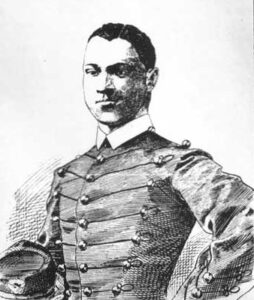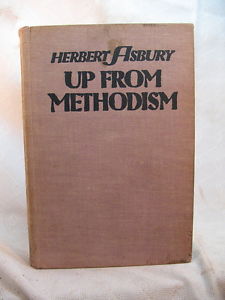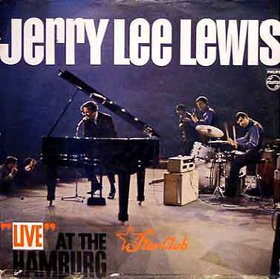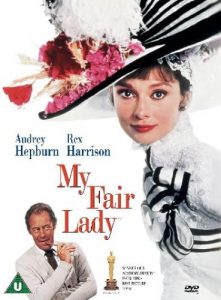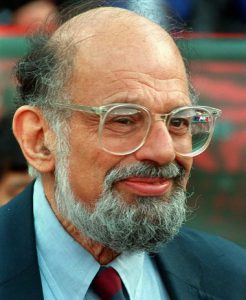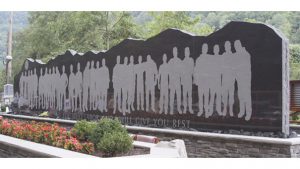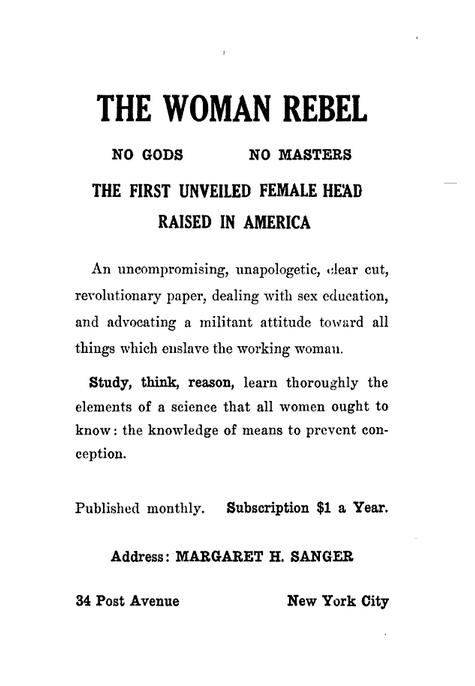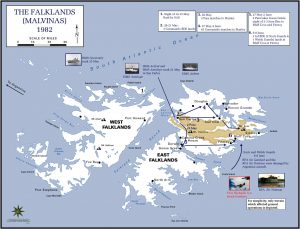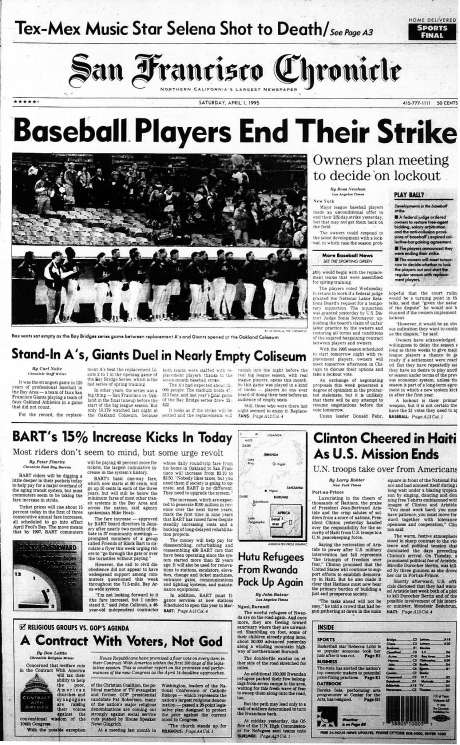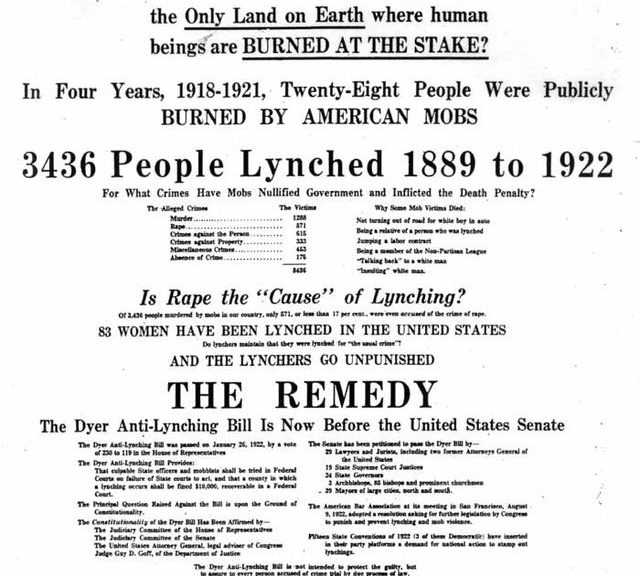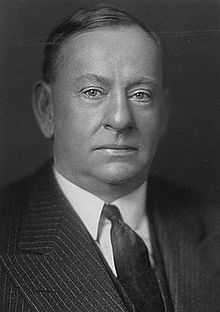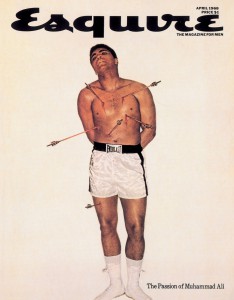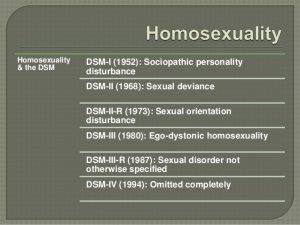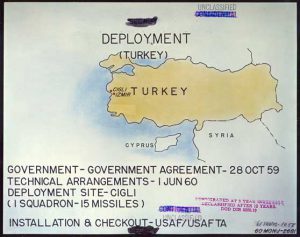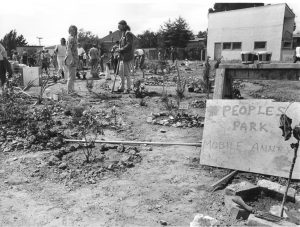April 5 Peace Love Art Activism
BLACK HISTORY
Johnson Whittaker
April 5, 1880: while sleeping in his barracks, three white cadets brutally beat cadet Johnson Whittaker, the second Black student admitted to the U.S. Military Academy at West Point and the only Black cadet at that time. The three slashed Whittaker’s head and ears, burned his Bible, threatened his life and then left him in his underwear, tied to the bed and bleeding profusely.
After Cadet Whittaker reported to West Point administrators that he had been attacked, the institution opened an investigation into him, and declined to hold his white attackers accountable. Administrators instead claimed that Cadet Whittaker had staged the attack to get out of his final exams, and in May, a West Point court of inquiry found Cadet Whittaker guilty of that charge. He was forced to take his final exams while incarcerated and withstand court-martial proceedings in New York City where the army prosecutor repeatedly referred to Black people as an “inferior race” known to “feign and sham.”
Whittaker was expelled from West Point, dishonorably discharged from the military, and held for continued imprisonment,
A year later, President Arthur issued an executive order overturning the conviction based on a finding that military prosecutors had relied on improperly admitted evidence. By the time of President Arthur’s intervention, Cadet Whittaker had been incarcerated for nearly two years; even after his conviction was overturned, West Point reinstated Cadet Whittaker’s expulsion, claiming he had failed an exam.
In 1995, more than 60 years after his death, Mr. Whittaker’s heirs accepted the commission he would have received upon graduating West Point. At the ceremony, President Bill Clinton remarked: “We cannot undo history. But today, finally, we can pay tribute to a great American and we can acknowledge a great injustice.” [EJI article; 1880 NYT article; BlackPast article] (next BH, see “In July 1881″)
Peons
April 5, 1921: although the 13th Amendment to the Constitution abolished slavery, African Americans continued to be held as de facto slaves in systems of peonage, a form of debt bondage. “Peons” or indentured servants owed money to their “masters” and were forced to work off their debt, a process that took years. A federal law passed in 1867 prohibited peonage but the practice continued for decades throughout the South. It was notoriously difficult to prosecute those who violated the federal law and those who were prosecuted were often acquitted by sympathetic juries.
Fear of a peonage prosecution led to a brutal spree of murders in rural Georgia in 1921. John Williams, a local white plantation owner, held blacks on his farm against their will in horrific, slavery-like conditions. After federal investigators suspected that Williams was violating the peonage law, Williams decided to get rid of the “evidence” of his crime by killing eleven black men whom he had been working as peons. Williams’s trial began on April 5, 1921, and four days later he was convicted of murder and sentenced to life imprisonment. He died in prison several years later.
Following the murders by Williams and other local atrocities against black people, Georgia Governor Hugh Dorsey in 1921 released a pamphlet entitled “A Statement from Governor Hugh M. Dorsey as to the Negro in Georgia.” Dorsey had collected 135 cases of mistreatment of blacks in the previous two years, including lynchings, extensive peonage, and general hostility. Dorsey recommended several remedies, including compulsory education for both races; a state commission to investigate lynchings; and penalties for counties where lynchings occurred. Reflecting on the mob violence that had become common throughout the South, Dorsey wrote, “To me it seems that we stand indicted as a people before the world.”
In response, several officials denied the charges contained in the pamphlet and many Georgians called for Dorsey’s impeachment. (next BH, see May 4; next Lynching, see May 31 and June 1; for for expanded chronology, see American Lynching 2)
Trayvon Martin Shooting
April 5, 2013: Trayvon Martin’s parents settled a wrongful death claim with the homeowners association of the Retreat at Twin Lakes, the Florida housing complex where their son was shot and killed by neighborhood watch volunteer George Zimmerman. The undisclosed sum was believed to be more than $1 million. (see April 14)
April 5 Peace Love Art Activism
FREE SPEECH
H.L. Mencken
April 5, 1926: in an incident orchestrated himself, journalist H.L. Mencken was arrested for publishing “Hatrack,” a chapter from a book, Up From Methodism, by Herbert Asbury, in the April issue of his magazine, The American Mercury. His intention was to challenge postal obscenity laws. At trial, he was quickly acquitted. (see April 30, 1927)
Kelley v Johnson
April 5, 1976: The US Supreme Court decided in Kelley v Johnson that personal appearance of police officers is not a protected right of privacy as long as the regulations are rational and there is no substantial claim of infringement on the individual’s freedom of choice with respect to certain basic matters of procreation, marriage, and family life.
Justice Marshall dissented: By taking over appearance, the state forces the officer to sacrifice elements of his identity. This liberty of appearance is on par with other protected interests like privacy, self-identity, autonomy and personal integrity. Further, there is no rational relationship between the ends means (how does appearance have to do with esprit de corps?) (see May 24)
April 5 Peace Love Art Activism
Calvin Graham
April 5, 1943: Graham’s enlistment was cancelled. Since his enlistment was considered void he was paid no accrued pay and allowances and no travel allowances. His enlistment was considered void, he was given no credit for the military service (including the more than 4 months foreign service) and no mustering out pay.(see Calvin Graham for expanded post)
April 5 Peace Love Art Activism
Cold War/McCarthyism
Nuclear/Chemical News
April 5, 1951: the Rosenbergs were sentenced to death and the pair was taken to Sing Sing to await execution. (Red Scare, see May 14; Rosenbergs, see June 19, 1953; NN, see Dec 20)
Roy Cohn and G. David Schine
April 5, 1953: Senator Joe McCarthy’s chief aides, Roy Cohn and G. David Schine, arrived in Germany with plans to remove allegedly “pro-Communist” materials from U.S. information libraries in Europe. Schine claimed there was “too much pro-Communist periodicals and books” and too little anti-Communist materials in the libraries. Their tour turned into a circus that embarrassed the U.S. and alienated Western Europeans. The works of a number of noted American authors were removed from the libraries in the process. Senator McCarthy later claimed there were “30,000 Communist books” in the libraries. A survey by The New York Times found that several hundred books by more than 40 authors were eventually removed. (RS, see Apr 13; FS, see April 21, 1954)
April 5 Peace Love Art Activism
see April 5 Music et al for more
The Cavern Club
April 5, 1962: The Beatles performed at The Cavern Club in Liverpool as part of a special night presented by the Beatles’ fan club. The Beatles wear their black leather outfits for the first half of the performance, for old time’s sake, then change into their new suits for the second half of the show. (see Apr 10)
Jerry Lee Lewis
April 5, 1964, Jerry Lee Lewis played and recorded the famous Live at the Star Club in Hamburg, Germany. (see Live for more)
My Fair Lady
April 5, 1964 Oscars held. Bob Hope hosted. The Best Picture winner My Fair Lady
Vietnam, BLACK HISTORY & Muhammad Ali
April 5, 1967: Monkees fans walked from London’s Marble Arch to the US Embassy in Grosvenor Square to protest Davy Jones’ planned call-up. Jones was exempted because he was deemed responsible for supporting his father. (Vietnam & BH, see Apr 10; Ali, see Apr 17)
Witchita Lineman
April 5 – 11, 1969: Glen Cambell’s Witchita Lineman Billboard #1 album
Fear of Rock
April 5, 1983: Interior Secretary James Watt banned the Beach Boys from the 4th of July celebration on the Washington Mall, saying rock ‘n’ roll bands attract the “wrong element.” (Rock, see January 23, 1986; FoR, see May 7, 1991)
Beat Generation
April 5, 1997: Allen Ginsberg died. (see Aug 2) (NYT article/obit)
April 5 Peace Love Art Activism
Vietnam
Daniel Ellsberg/Pentagon Papers
April 5 – 7, 1973: top Nixon aide John Ehrlichman secretly met twice with Judge Matthew Byrne, who was presiding over the Russo/Ellsberg trial, and offered him a job as the new director of the F.B.I. (see Papers for expanded story)
April 5 Peace Love Art Activism
Immigration History
Freedom Flight
April 5, 1973: the last of more than 260,500 Freedom Flight refugees from Fidel Castro’s Cuba arrived in the US. (see March 17, 1980)
Children separated
April 5, 2019: in court documents filed on this date, the US government said might take federal officials two years to identify what could be thousands of immigrant children who were separated from their families at the southern United States border.
A federal judge had asked for a plan to identify these children and their families after a report from government inspectors in January revealed that the Trump administration most likely separated thousands more children from their parents than was previously believed. [NYT article]
Census
April 5, 2019: U.S. District Judge George Hazel of Maryland in a 119-page opinion found the decision to include a citizenship question on the 2020 census forms to be unlawful. The question asked, “Is this person a citizen of the United States?
“The unreasonableness of Defendants’ addition of a citizenship question to the Census is underscored by the lack of any genuine need for the citizenship question, the woefully deficient process that led to it, the mysterious and potentially improper political considerations that motivated the decision and the clear pretext offered to the public,” wrote Hazel.
Hazel concluded that the decision by Commerce Secretary Wilbur Ross, who oversaw the census, to add the question violated administrative law. Federal judges in New York and California had previously come to the same conclusion. [NPR article] (next IH, see Apr 8; next Census, see July 2)
April 5 Peace Love Art Activism
ADA
Judy Heumann
April 5, 1977: demonstrators led by Judy Heumann (see September 28, 1987) took over the Health Education and Welfare (HEW) office in UN Plaza, San Francisco, California, in protest of HEW Secretary Califano’s refusal to complete regulations for Section 504 of the Rehabilitation Act of 1973, which made it illegal for federal agencies, public universities, and other public institutions receiving any federal funds to discriminate on the basis of disability. Califano issued the regulations three weeks later. (2015 Rooted In Rights dot org article on Heumann) (see Apr 28)
April 5 Peace Love Art Activism
Falklands War
April 5, 1982: British task force of more than 100 ships set sail for Falklands, including aircraft carriers HMS Hermes and HMS Invincible. Lord Carrington, the Foreign Secretary, resigned over the invasion. Francis Pym replaced him. (see Apr 25)
April 5 Peace Love Art Activism
Feminism & Women’s Health
March for Women’s Lives
April 5, 1992: the March for Women’s Lives, organized by the National Organization for Women (NOW; founded on June 30, 1966), brought approximately 750,000 people to Washington, D.C., on this day. One of the largest protest marches on the nation’s capital, the pro-choice rally came as the Supreme Court was about to consider the constitutionality of Casey v. Planned Parenthood (Feminism, see Apr 23; Women’s Health, see June 29)
Idaho
April 5, 2023: Idaho Gov. Brad Little signed a bill into law that made it illegal for an adult to help a minor get an abortion across state lines without parental consent.
The new law was the first of its kind in the United States and cames less than a year after Idaho banned nearly all abortions.
Little, a Republican, wrote in a letter to Idaho lawmakers announcing he had signed the legislation. “With the U.S. Supreme Court’s reversal of Roe vs. Wade last summer, the right and duty to establish legal policy on abortion was finally returned to our state democratic process.” [ABC News article] (see next)
Michigan Abortion Law Overturned
April 5, 2023: Michigan Governor Gretchen Whitmer signed bipartisan legislation repealing the state’s 1931 law banning abortion without exceptions for rape or incest and criminalizing nurses and doctors for doing their jobs. In Novmember 2022, Michiganders turned out in record numbers to get Proposal 3 on the ballot and enshrine reproductive freedom in the state constitution. The new laws remove the unconstitutional 1931 law from the books and ensure that Michiganders can make their own decisions about their own bodies.
Governor Whitmer said, “In November, Michiganders sent a clear message: we deserve to make our own decisions about own bodies. Today, we are coming together to repeal the extreme 1931 law banning abortion without exceptions for rape or incest and criminalizing nurses and doctors for doing their jobs. Standing up for people’s fundamental freedoms is the right thing to do and it’s also just good economics. By getting this done, we will help attract talent and business investment too. I will continue to use every tool in my toolbox to support, protect, and affirm reproductive freedom for every Michigander, and I’ll work with anyone to make Michigan a welcoming beacon of opportunity where anyone can envision a future.” [Michigan dot gov article] (next WH, see Apr 7)
April 5 Peace Love Art Activism
TERRORISM
Pan Am flight 103
April 5, 1999: two Libyans suspected of bringing down Pan Am flight 103 in 1988 were handed over to Scottish authorities for eventual trial in the Netherlands. (see October 12, 2000)
Ahmed Ressam
April 5, 2001: Algerian national Ahmed Ressam, accused of bringing explosives into the United States days before the millennium celebrations, was convicted on terror charges. (see May 29)
Laurence Foley
April 5, 2004: Jordan’s military court convicted eight Muslim militants and sentenced them to death for the 2002 killing of U.S. aid official Laurence Foley in a terror conspiracy linked to al-Qaeda. (see Dec 6)
April 5 Peace Love Art Activism
LGBTQ
Matthew Shepard murder
April 5, 1999: Russell Henderson pleads guilty and agrees to testify against Aaron McKinney to avoid the death penalty; Henderson received two consecutive life sentences. The jury in McKinney’s trial found him guilty of felony murder. As they began to deliberate on the death penalty, Shepard’s parents brokered a deal, resulting in McKinney receiving two consecutive life terms without the possibility of parole. (LGBTQ, see July 7; Matthew, see September 27, 2007)
Mississippi
April 5, 2016: Mississippi Gov. Phil Bryant signed a controversial bill into law that could allow businesses and government workers to deny services to lesbian and gay couples.
Bryant said in a statement that he was signing HB 1523 “to protect sincerely held religious beliefs and moral convictions of individuals, organizations and private associations from discriminatory action by state government or its political subdivisions.” (see Apr 19)
April 5 Peace Love Art Activism
US Labor History
Upper Big Branch Mine
April 5, 2010: a huge underground explosion at the Upper Big Branch Mine in Montcoal, W. Va., killed 29 miners. It was the worst U.S. mine disaster in 40 years. The Massey Energy Co. mine had been cited for two safety infractions the day before the blast; 57 the month before, and 1,342 in the previous five years. Three and one-half years after the disaster Massey’s then-CEO, Don Blankenship, was indicted by a federal grand jury on four criminal counts.
Union Membership
In 2010: the Bureau of Labor Statistics reported that the number of American workers in unions declined sharply in 2010, with the percentage slipping to 11.9 percent, the lowest rate in more than 70 years. The report found that the number of workers in unions fell by 612,000 in 2010 to 14.7 million, an even larger decrease than the overall 417,000 decline in the total number of Americans working. (see February 16, 2011)
April 5 Peace Love Art Activism
SEPARATION OF CHURCH AND STATE
Capt. Singh
April 5, 2016: the Army granted Capt Simratpal Singh, a Sikh, permission to serve while wearing a turban over his long hair and a beard with his uniform. He was the first active duty soldier to seek the accommodation and receive it while serving in the Army, according to The Sikh Coalition, the largest Sikh American advocacy organization in the United States. (see Aug 4)
April 5 Peace Love Art Activism
Native Americans
April 5, 2021: the United States Forest Service said that an ancient site of carved boulders and rock formations in a Georgia forest that has long been sacred to Native Americans was vandalized with paint and deep scratches,.
The boulders are part of the Track Rock Gap site in the Chattahoochee-Oconee National Forests, a protected area of more than 800,000 acres where more than 100 figure carvings known as petroglyphs were made on soapstone boulders by Native Americans in precolonial times, the service said.
Five boulders had scratches and two had paint on them, said Steven Bekkerus, a spokesman for the Forest Service.
“It’s one of the most significant rock art sites in the Southeastern United States and the only such site located on public land in Georgia,” the service said. onday. [NYT article] (next NA, see June 3)
April 5 Peace Love Art Activism
Sexual Abuse of Children
April 5, 2023: according to a detailed report from the Maryland attorney general, clergy members across the Archdiocese of Baltimore abused hundreds of children and teenagers over the course of six decades, abetted by a church hierarchy that systematically failed to investigate and restrict their access to children.
The result of a four-year investigation by the attorney general’s office, the 463-page report documented what it described as “pervasive and persistent abuse” by clergy members and others in the archdiocese, as well as dismissals and cover-ups by the church hierarchy. [NYT article] (next SAoC, see May 23)


